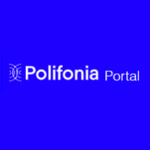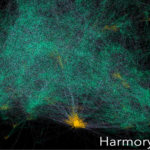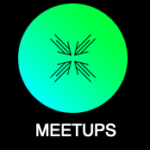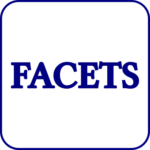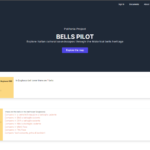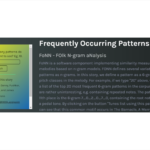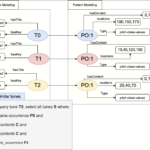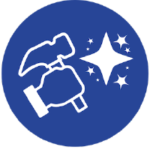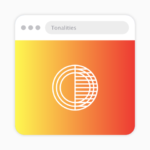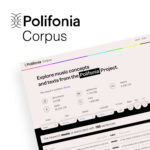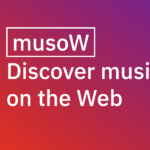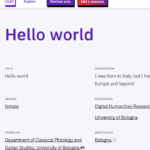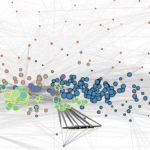Welcome to Polifonia
Playing the soundtrack of our history
From the soundscape of Italian historical bells, to the influence of French operas on traditional Dutch music, European cultural heritage hides a goldmine of unknown encounters, influences and practices that can transport us to experience the past, understand the music we love, and imagine the soundtrack of our future. Polifonia will organise this journey by using ten pilot use cases as drivers, addressing preservation, management, study, and interaction with musical heritage.
→
Polifonia makes this happen by building novel ways of inspecting, representing, and interacting with digital content.
→
Memory institutions, scholars, and citizens will be able to navigate, explore, and discover multiple perspectives and stories about European Musical Heritage.
Visit the Polifonia Web Portal and discover the soundtrack of our history
Pilots
The history of pipe organs is rich and diverse, and highly interrelated to economic, religious and artistic contexts. Currently, the information about building practices and characteristics of ~2000 Dutch…
Bell structures are widespread both in urban and rural areas. They contribute to the distinctive shape of a landscape, defining its soundscape and playing as markers of daily, festive and ritual times.…
In order to answer research questions, musical heritage scholars need to combine diverse datasets ranging from music scores, audiovisual material to metadata. They need to identify similar entities…
Music libraries currently lacks well-founded information retrieval tools. While it is relatively easy to find music based on metadata, content-based music retrieval still remains as a challenge. The Facets…
Tonalities is developing tools for the modal-tonal identification, exploration, and classification of monophonic and polyphonic notated music from the Renaissance to the twentieth century. This pilot has…
The digital music collection of the Meertens Instituut (Amsterdam) includes thousands of melodies from Dutch popular culture, spanning a period of more than five centuries. To trace possible international…
In 2006 Bologna was declared by Unesco “City of Music”. Despite this, the extraordinary musical heritage of this city is kept in cultural institutions and archives, studied by a few specialized scholars…
This pilot will build a knowledge graph of the historical experience of music in childhood, using life writing (letters, diaries, memoirs, travel writing) and other historical texts as sources for adult…
This pilot focuses on supporting music historians and teachers by providing a Web tool that enables the exploration and visualisation of encounters between people in the musical world in Europe from c.1800…
Pilot summary The ACCESS Pilot will develop new ways to enhance participation and engagement in music: for the general public; for those with hearing impairments; and for those with physical disabilities.…
Other outputs
ELD
Entity Linking Dynamics
Discover More →MHERCL
Musical Heritage historical named Entities Recognition, Classification and Linking
Discover More →DynaKnowledge
A new dynamic benchmark for open-format QA models
Discover More →MEETUPS Application
Web application for exploring the contents of MEETUPS’ knowledge graph.
Discover More →Patterns UI
Patterns UI, a tool for exploring a Knowledge Graph of tunes and patterns.
Discover More →BELLS
Bells’ Ontology
Discover More →Data Wanderings
Data Wanderings is an audiovisual installation created as part of Polifonia, a research project funded by the Europe Horizon 2020 program.
Discover More →Polifonia Portal
The Polifonia Web portal is the main entry point into the extensive musical heritage produced by Polifonia. It is targeted to enthusiasts, scholars, musicians, and educators, and facilitates exploration of a varied spectrum of musical Linked Data.
Discover More →BELLS Knowledge Graph
Bells’ Knowledge Graph
Discover More →Pitchcontext
A Python Module for Melodic Analysis using Weighted Pitch Context Vectors.
Discover More →ORGANS Knowledge Graph
The ORGANS Knowledge Graph
Discover More →TUNES Knowledge Graph
The TUNES Knowledge Graph
Discover More →MOZ
Muziekopnamen Zendgemachtigden (Dutch Broadcast Concert Collection)
Discover More →MELODY
Make me a Linked Open Data story
Discover More →Polifonia Knowledge Extractor
The Polifonia Knowledge Extractor is software that allows the extraction of knowledge from text.
Discover More →MusicBO Knowledge Graph
The Knowledge Graph about the role of Bologna in the European musical landscape.
Discover More →JAMS Ontology
The JAMS Ontology
Discover More →Harmory Knowledge Graph
The Harmonic Memory Knowledge Graph
Discover More →Roman Chord APIs
APIs for the Roman Chord Knowledge Ontology
Discover More →Roman Chord Ontology
The Roman Chord Ontology
Discover More →Music Meta ontology
An ontology to describe music metadata
Discover More →Annotation of the Polifonia Corpus
Data, annotation and interrogation of the Polifonia Corpus.
Discover More →Polifonia Lexicon
A multilingual lexicon about music.
Discover More →MEETUPS Ontology
The MEETUPS Ontology module for MEETUPS PILOT
Discover More →MEETUPS Knowledge Graph
The MEETUPS knowledge graph
Discover More →FACETS
A search-engine to explore collections of scores.
Discover More →BELLS
Explore italian cultural soundscapes through the historical bells heritage
Discover More →Frequently Occurring Patterns
FoNN is a software component implementing similarity measures for melodies based on n-gram models.
Discover More →Patterns Knowledge Graph
Targeting the goals of Polifonia WP3 package, P2KG JAMS Pipeline creates the knowledge graph of the patterns generate by FoNN.
Discover More →FoNN: FOlk N-gram aNalysis
Targeting the goals of Polifonia WP3, FoNN contains tools to extract feature sequence data, extract musical patterns, and detect similarity within a symbolic music corpus.
Discover More →SPARQL Anything
SPARQL Anything is a system for Semantic Web re-engineering that allows users to … query anything with SPARQL
Discover More →Tonalities
An Online Collaborative Annotation Interface for Music Analysis.
Discover More →Polifonia Corpus
Online text analysis tool for linguistic interrogation of Polifonia’s multilingual diachronic corpus.
musoW
The catalogue of music data on the web
Discover More →CLEF
A Linked Open Data native system for Crowdsourcing
Discover More →LHARP
Local Harmonic Agreement based on Recurrent Patterns
Discover More →ChoCo Knowledge Graph
The Chord Corpus
Discover More →Recent News
After four years of development work, the Polifonia project team is excited to present the results. The consortium, consisting of 10 partners from Italy, the Netherlands, France, England and Ireland launches the music discoverability platform ‘Polifonia Web Portal’. In addition, the researchers and developers have also unlocked and linked other music data, developed tools and software that will help musicologists take steps forward in their research on European musical heritage.
After four years of development work, the Polifonia project team is excited to present the results.…
Are you the type of musician that is inspired by old sounds, such as cheerful Irish folk melodies, the majestic resonance of pipe organ concerts, and the timeless chimes echoing from century-old Italian bell towers? Then ‘Polifonia Song Contest’ is your challenge!
Are you the type of musician that is inspired by old sounds, such as cheerful Irish folk melodies, the…
Polifonia recently released results of 40 months of research and development at the intersection of musicology, semantic web technologies, AI and Music Information Retrieval. And the Polifonia Web Portal, which enhances the discoverability of European musical heritage with Linked Open Data and Knowledge Graphs, can now be explored.
Polifonia recently released results of 40 months of research and development at the intersection of…
With a strong base in academia, the Polifonia team looks forward to the conference season every year. One of the highlights is the Extended Semantic Web Conference. In this article, a brief review of our participation in this conference and update on our paper output.
With a strong base in academia, the Polifonia team looks forward to the conference season every year.…
From the beginning of the project, Podiumkunst.net and Polifonia have been in close contact and looked to each other as role models. Our stakeholder Podiumkunst.net reflects on this synergy with a positive outlook. Remco de Boer and Monique in het Veld on the importance of the collaboration and the impact.
From the beginning of the project, Podiumkunst.net and Polifonia have been in close contact and looked…
TONALITIES, IReMus’ pilot for musical heritage data project Polifonia, develops tools for the modal-tonal identification, exploration and classification of monophonic and polyphonic notated music from the Renaissance to the twentieth century. Now, the tools are available for use within the TONALITIES Interface for music analysis. Additionally, a patent was recently acquired for this collaborative interface by the IReMus lab.
TONALITIES, IReMus’ pilot for musical heritage data project Polifonia, develops tools for the modal-tonal…
From April 8 to May 6 Polifonia organised their own version of the Eurovision Song Contest, the Polifonia Song Contest: musicians of all levels were challenged to create the ‘soundtrack of our history’ by using samples from the rich collections in the Polifonia project. Today we can announce the winning song.
From April 8 to May 6 Polifonia organised their own version of the Eurovision Song Contest, the Polifonia…
The Polifonia project formally ended on April 30, which means that the tools and software developed within this 4-year-project are released and ready for use. Today we look at ‘Patterns UI’.
The Polifonia project formally ended on April 30, which means that the tools and software developed…
Polifonia Song Contest is two weeks in, and will continue for another two weeks. Have you downloaded the sample pack yet?
With two weeks to go until the deadline, the “Polifonia Song Contest” beckons all musicians who find…
Partners
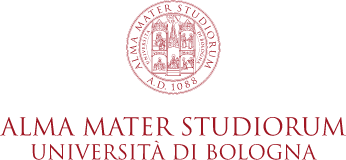

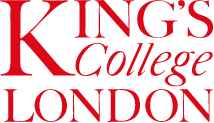
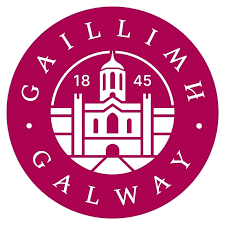

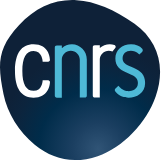
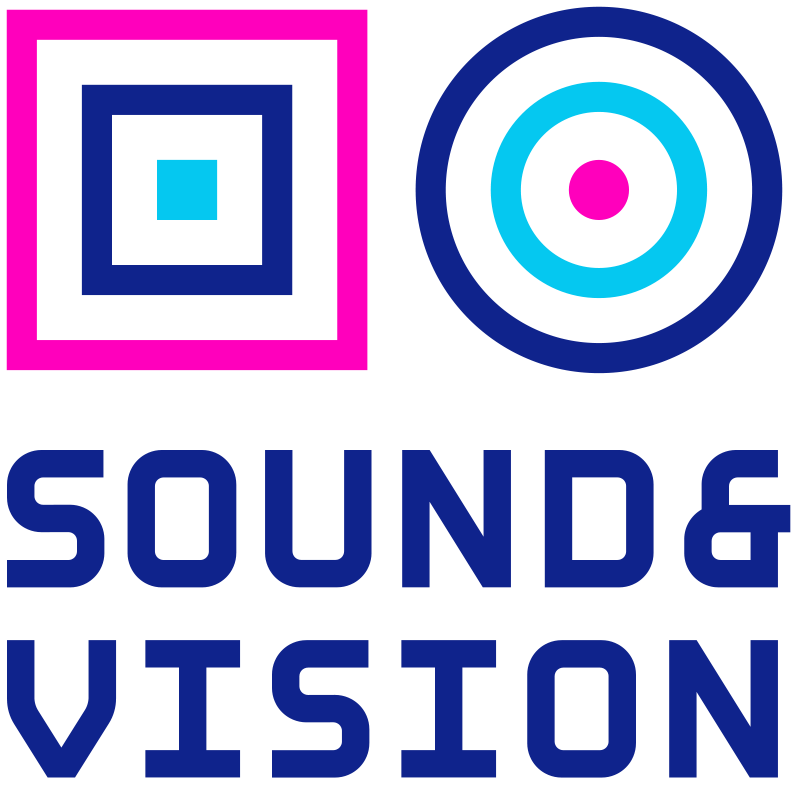
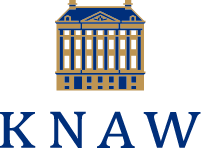

Newsletter
Stay updated with latest calls, project results & activities, programme news & events.
Sign up for our newsletter.

This project has received funding from the European Union’s Horizon 2020 research and innovation programme under grant agreement N. 101004746


